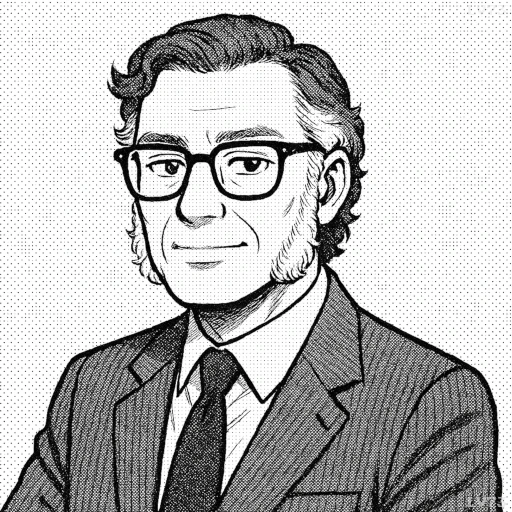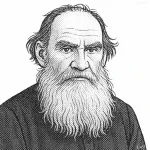“I don’t believe in an afterlife, so I don’t have to spend my whole life fearing hell, or fearing heaven even more. For whatever the tortures of hell, I think the boredom of heaven would be even worse.”

- January 2, 1920 – April 6, 1992
- Born in Russia
- Author, biochemist (professor)
table of contents
Quote
“I don’t believe in an afterlife, so I don’t have to spend my whole life fearing hell, or fearing heaven even more. For whatever the tortures of hell, I think the boredom of heaven would be even worse.”
Explanation
In this quote, Asimov expresses his atheism and challenges the conventional religious views of afterlife and eternal reward and punishment. He finds the concept of an afterlife unnecessary and unappealing, pointing out that living in fear of hell or the expectation of heaven can be a burden on one’s life. Asimov’s criticism of heaven is particularly notable, as he suggests that its eternal nature would result in boredom, making it a worse fate than the presumed suffering of hell. This reflects his belief that a life lived in anticipation of an afterlife is less valuable than one that embraces the present and focuses on human existence and rational understanding.
Asimov’s perspective was shaped by his rationalism and scientific worldview, where belief in an afterlife seemed unnecessary in the face of the finite nature of human existence. Born in 1920, a time when religious thought often conflicted with the rise of science, Asimov was one of many intellectuals who questioned the validity of religious explanations for life’s mysteries. His works often reflected a skepticism toward supernatural beliefs, focusing instead on human reason and ethical responsibility. His dismissal of both heaven and hell in favor of focusing on earthly life reveals his humanist beliefs—that it is through our actions and choices in the present moment, not in the expectation of an afterlife, that we find meaning and purpose.
In today’s world, Asimov’s quote remains relevant, particularly in discussions about existentialism and the nature of religion in a modern context. As more people move away from traditional religious beliefs and turn to secular philosophies, Asimov’s view of life and death as finite experiences offers a refreshing alternative to the notion of eternal reward or punishment. His reflection on boredom in heaven also raises an interesting question about the nature of fulfillment and purpose—whether an eternal existence, with no change or challenge, would truly be desirable. Asimov’s words encourage us to appreciate the temporary nature of our lives and to seek meaning in the here and now, rather than in the uncertainties of what may lie beyond death.
Would you like to share your impressions or related stories about this quote in the comments section?



